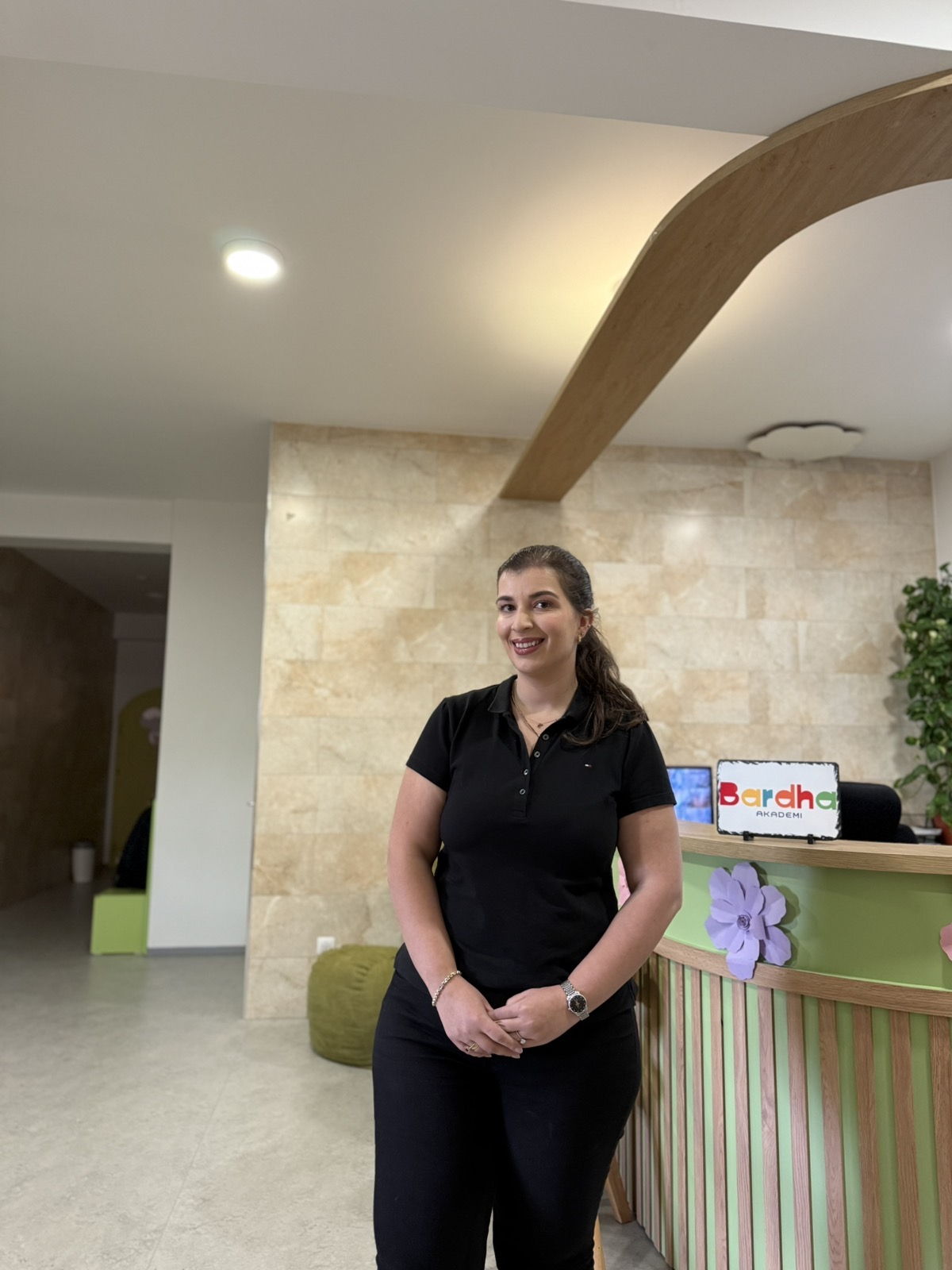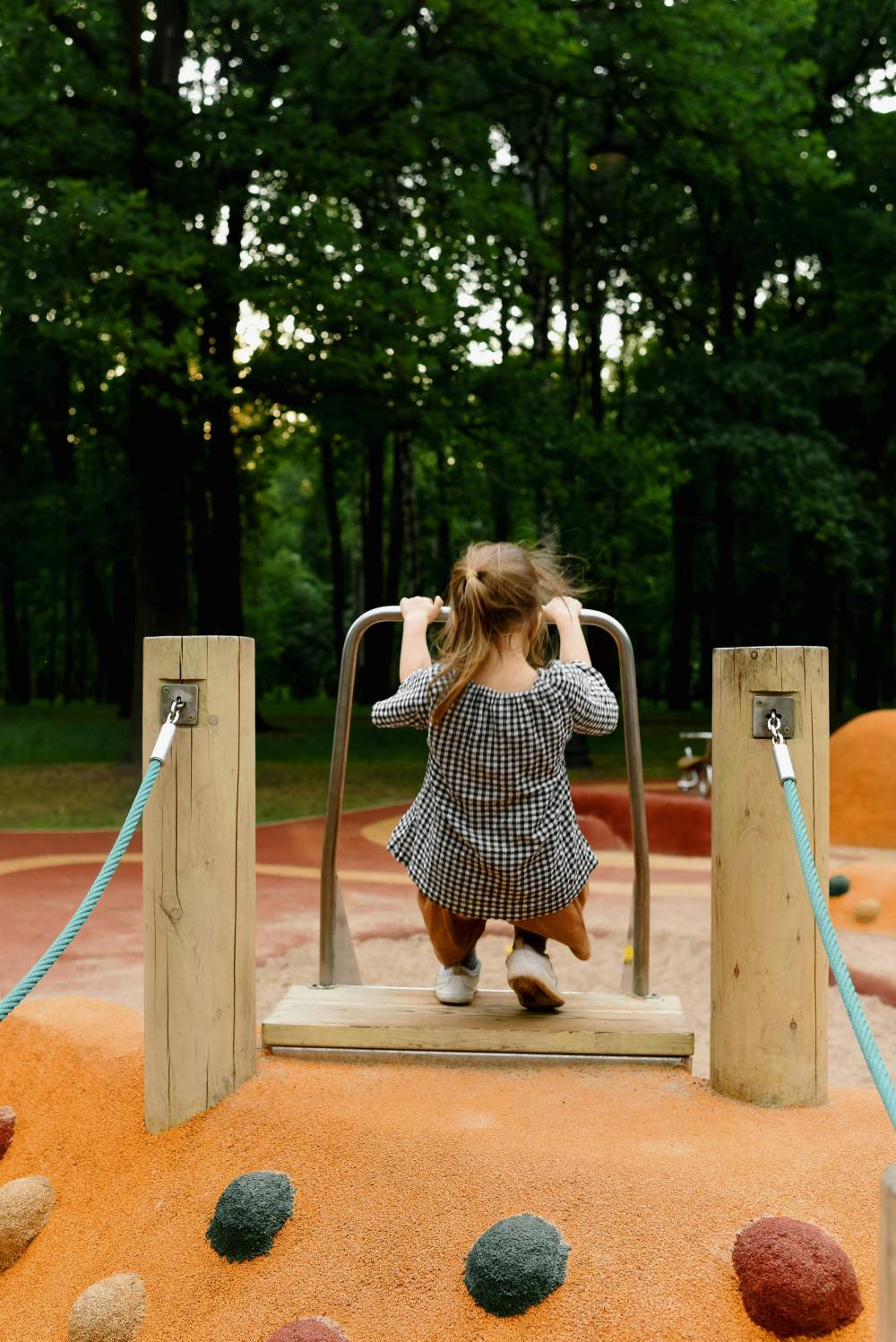Working from home comes with its unique set of challenges, especially for parents with young children between the ages of 3 and 6. Balancing professional responsibilities while ensuring your little ones are engaged and calm can be overwhelming. However, with thoughtful planning and the right activities, parents can create a structured environment that benefits both their workflow and their child’s development. Here are some practical ideas to keep your child entertained and content while you focus on your work.
1. Create a Daily Routine
Children thrive on consistency, and establishing a daily schedule can help them feel secure and independent. Set up a timetable that includes playtime, learning activities, snacks, and rest periods. Aligning their schedule with your work hours can reduce interruptions and provide a sense of stability.
2. Independent Play Stations
Designate a safe and engaging play area with age-appropriate toys and activities. Consider sensory bins, building blocks, puzzles, or coloring books that allow children to explore independently. Rotating toys periodically can keep them interested and engaged.
3. Educational Activities
Encourage your child’s learning with fun yet educational activities. Simple tasks such as:
- Interactive storytime with audiobooks
- Alphabet or number tracing worksheets
- Sorting and matching games
- DIY crafts with household items These activities can nurture their cognitive development while keeping them occupied.
4. Screen Time with Purpose
While limiting screen time is essential, educational programs and interactive apps can be beneficial. Choose high-quality content that promotes learning, such as:
- PBS Kids
- National Geographic Kids
- ABCmouse
- Kidsday app for tracking daily activities Using these tools in moderation can provide an enriching experience without excessive screen dependence.
5. Physical Activities and Movement Breaks
Young children have high energy levels and need opportunities for movement throughout the day. Encourage short dance breaks, yoga sessions, or simple indoor obstacle courses. These activities not only burn energy but also help with focus and relaxation.
6. Quiet Time Activities
During essential work calls or meetings, having calming activities ready can be a lifesaver. Consider:
- Listening to soft music or nature sounds
- Engaging with sticker books
- Simple mindfulness exercises, like deep breathing or storytelling
- Playdough or kinetic sand for creative, mess-free fun Providing quiet-time options helps children learn self-regulation skills while giving you moments of uninterrupted focus.
7. Encourage Independent Decision-Making
Giving children choices within limits fosters independence and reduces clinginess. Allow them to pick their outfit, choose a snack, or select their next activity from a set of options. This gives them a sense of control while keeping them engaged in meaningful ways.
8. Practical Activities for Engagement
Here are some hands-on activities to keep children engaged while you work:
- Sensory Bins: Fill a container with rice, beans, or sand and provide scoops and small toys for tactile exploration.
- Sticker Sorting: Give children colorful stickers and ask them to categorize them by shape or color.
- DIY Lacing Cards: Use cardboard or foam sheets with punched holes and provide shoelaces for threading practice.
- Water Painting: Give them a small container of water and a paintbrush to "paint" on a sidewalk or construction paper.
- Shadow Drawing: Place toys in the sunlight and let kids trace their shadows on paper.
- Pom-Pom Drop: Have them use tweezers to pick up and place pom-poms into different containers for fine motor skill development.
9. Set Clear Expectations and Reward Cooperation
Communicate your work boundaries in a way they understand. Use a timer or visual cues to show when you’re available. Reinforce positive behavior with praise, stickers, or a small reward system to encourage cooperation.
10. Plan Special Bonding Time
Children are more likely to respect your work time if they know they’ll get undivided attention later. Set aside quality time for shared activities, such as reading a book, baking together, or outdoor play. This strengthens your bond while making them feel valued.
Balancing work and parenting at home requires patience, adaptability, and creativity. By incorporating these structured activities, parents can create an enriching environment where children feel engaged, independent, and content, making remote work more manageable. With the right strategies, working from home can become a rewarding experience for both you and your child.





